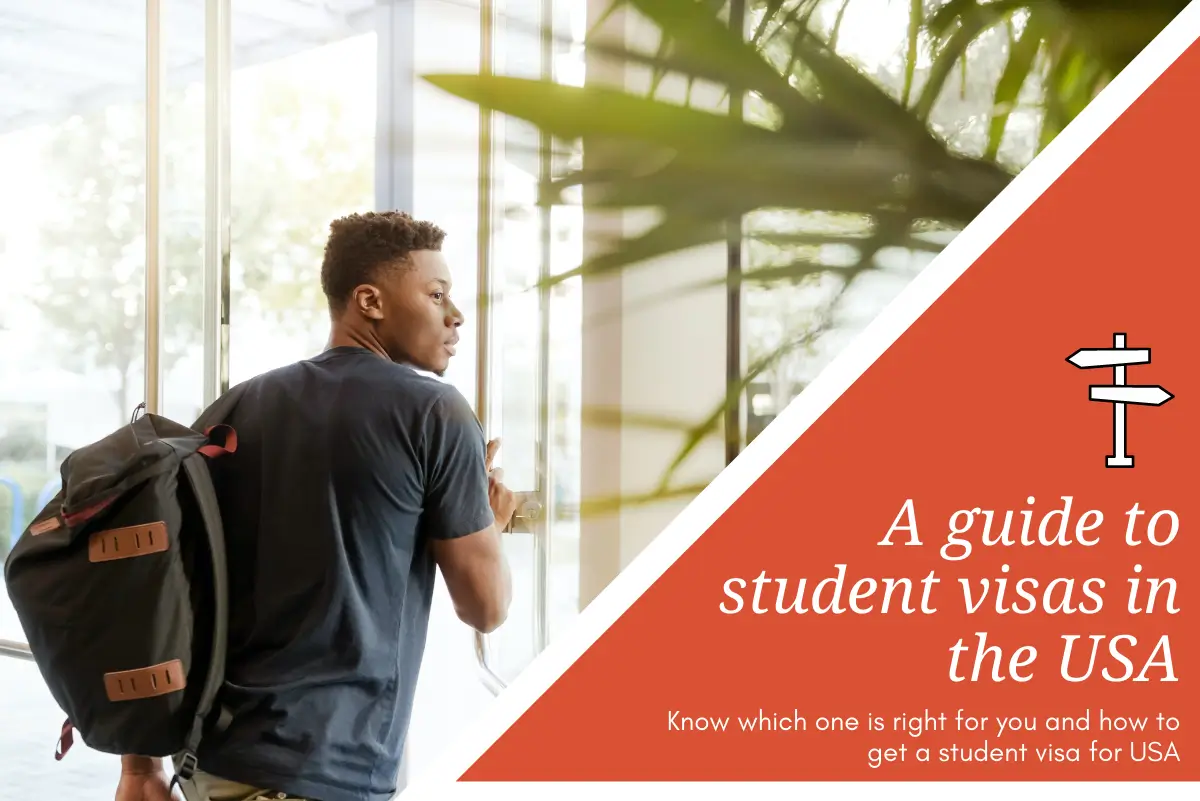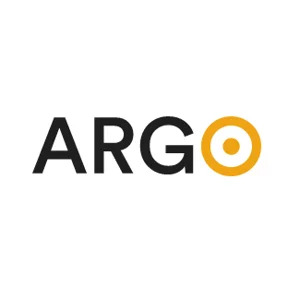A Guide to Student Visas in the USA

Student Visas in the USA
Congrats! Youve been accepted into the school of your dreams. Let us help get you there with a student visa.
As an international student, once youve been admitted to a degree program in the USA youll need a visa in order to legally enter, and to stay in, the country. There are numerous types of visas, but the most relevant to students are the F-1, M-1, and J-1 visas.
For all three of these visas, your spouse and dependents might also be eligible to join you in the USA with the F-2, M-2, and J-2 visas. But before you take them on fun adventures, talk to the experts.
Types of Student Visas in the USA
- F-1 (Student Visa) The F-1 student visa grants international students entry into the USA for those studying at accredited colleges, universities, seminaries, conservatories, academic high schools, ?lementary schools, and language training programs that lead to a degree, diploma, or certificate authorized by the U.S. government.
- J-1 visa (Exchange Visitor Visa) The J-1 visa is an exchange visitor visa and is issued to individuals who need practical training
unavailable in their home country in order to complete their academic program. - M-1 visa (Vocational Student Visa) M-1 visas are granted to students who come to the USA for vocational studies. Individuals with this visa arent allowed to work except during practical training (so at least they dont have to pay taxes in the USA!).
How to get a student visa for the USA?
Specifically for the J-1 visa, youll first need to find a designated sponsor. That sponsor will then be in charge of the application process and will let you know what steps to take.
For F-1 and M-1 visas, the first thing you should do is to make sure youve received an I-20 form from your school. Once you have it, contact your local U.S. embassy or consulate. Theyll give you more detailed instructions, but in general the application process will include completing paperwork such as Form DS-160, providing a photo, and being interviewed. Plus, there will be visa fees (just like everything in life has a fee).
For the interview, the embassy or consular officer youll be speaking with will decide what to bring. But the list will most likely include documents such as your passport, transcripts and standardized test scores, proof that you intend to return to your home country after your program is completed, and financial proof that you can cover all your costs.
Its really important to remember that your visa only allows you to travel to the USA legally but it does not guarantee that youll be admitted. The odds are low that there will be a problem, but learn about the rules for customs before you head to the airport, just in case.
eduPASS recommends

Argo is the world’s first company to create a platform which will connect visa applicants with former visa officers Collectively, their former Consular Officers have conducted over 10,000 visa interviews during their careers with the U.S. Department of State.
By using Argo, students can get the most accurate information on how to prepare for a successful visa interview. For the first time, students can have true insider information on what is happening behind the visa window.
For eduPASS users, their services are highly discounted (normally $500-$600, now $350).
F-1 visa work guidelines
If youre an F-1 student, you may be able to work in the USA during your education. Though there are lots of rules and regulations, in general, students with this visa cant work off campus during their first academic year (but can work on campus).
For the most part, students with other visas cant work. But they can volunteer, both on campus and in the local community. Which we highly suggest!